Imagine that it is two weeks after the day you graduated high school. Your alarm goes off at five o’clock in the morning and you jump to your feet; today is the big day. Buttoning the uniform on, you do not even think twice about what it means and what you are giving up. Your parent’s drop you off at the bus station and while your mother is hanging on your neck; your father is trying to hide his feelings from you. Not thinking about the past eighteen years of your life, you began dreaming about your life in the United States Services and what all you can accomplish, but years go by and you have seen countless other soldiers killed, civilians hurt in the wreckage, and many other memories you cannot get over.
Unfortunately, this is a situation that happens all too much. Statistics show that for every one hundred soldiers, eleven to thirty of those soldiers are diagnosed with Post Traumatic Stress Disorder (PTSD) when they return home. Post Traumatic Stress Disorder (PTSD) is a mental disorder that individuals can face after a horrifying experience. This disorder can cause someone to re-experience the experience, hyperarousal, avoiding situations that remind them of the event, and can cause various mood swings. Medications for PTSD have become the only way to help these veterans. There are five types of medications that are mainly given to PTSD patients; Selective Serotonin Reuptake Inhibitors (SSRIs), Serotonin-Norepinephrine Reuptake Inhibitors (SNRIs), Prazosin, Benzodiazepines, and Atypical Antipsychotics. Of the five medications, doctors know to avoid the Benzodiazepines and atypical antipsychotics with how addictive they can be.
Although the Department of Veteran’s Affairs (VA) does offer help for veteran’s medication, a lot of veteran’s do not use this help. John H. Krystal, M.D., of the VA Connecticut Healthcare System, West Haven, Connecticut, conducted a study between the difference of Risperidone and SRI-drugs.
“The majority of service members with PTSD do not seek treatment, and many who do seek treatment drop out before they can benefit,” the memo reads. “There are many reasons for this, including stigma, other barriers to care, and negative perceptions of mental health care. Lack of trust in military behavioral health professionals has been identified as one predictor of service members not utilizing services. Therefore, it is critical that Army behavioral health professionals do everything they can to advocate for and provide care in a patient-centered manner that reassures patients that they will not be judged and that their primary concerns will be addressed.” (Baker, 2011)
Krystal realized in his study that there seem to be some flaws in the VA when it comes to caring for this country’s veterans. What can we do differently that would help veterans understand that we, as a whole, are here for them? We will have to stop trying to push medications down their throats telling them that they would stop the mental illness, when in reality they just delay it. Instead, we can use different hands on therapies to save them and make them happier within themselves.
Using musical therapy, children, rock-climbing, and other activities have shown significance in the soldier’s minds. In 2010 to 2011, the Veteran’s Affairs HSR&D funding started a study with forty Veteran’s returning from Iraq and Afghanistan. This study was to see how well musical therapy would work for these individuals who have PTSD and was six weeks long. The Guitars for Vets chapter at the Zablocki VA Medical Center in Milwaukee, WI, helped in the study by training the veterans each week individually with weekly group training. After the final results of the study, the doctors saw that there was a significant difference in the individual’s symptoms. Those involved were able showing signs of reduced depression, improved health-related symptoms, and an improvement in their relationships at home. If we use music therapy in many VA hospitals, there could be greater numbers outside of this study; including some that can grow from 35 to 67 percent.
Lt. Gen. Robert B. Brown, I Corps commander, speaking at an Aug. 2 press conference at Madigan Army Medical Center, Joint Base Lewis-McChord, Wash., publicly agreed that using caution and care with veterans showed better results than signing off on medication that will neurologically help but not emotionally. "Our number one concern is taking care of Soldiers and their families," he said. "Cost doesn't play a part in military medicine. We want them to have world-class medical care. For that reason, we are going to stop using the forensic psychiatry system with the disability evaluation system." Families deserve to have their lives changed again and to be able to feel complete again without having their loved one dosed up on serious medications. If different therapy treatments can solve this, then why are we not trying everything already to fix their issues?
Everyone takes Post Traumatic Stress Disorder differently than the next, but it is how you overcome it that makes you who you are. The VA is known for over medicating the soldiers returning home due to not fully trying to understand where the soldier needs help. Is it from loud noises, being in overcrowded situations, or just too many memories from war? In any way, the soldiers are almost always experiencing Post Traumatic Stress Disorder causing them to have nightmares and flashbacks. Instead of just giving these men and women medication, we should try to help them cope with the feelings they are experiencing using outside resources to care for them. Instead of making the soldiers feel like they are crazy because they have to take so much medication. Musical therapy has already proven to be helpful and resourceful so that should be our first priority as they come home.

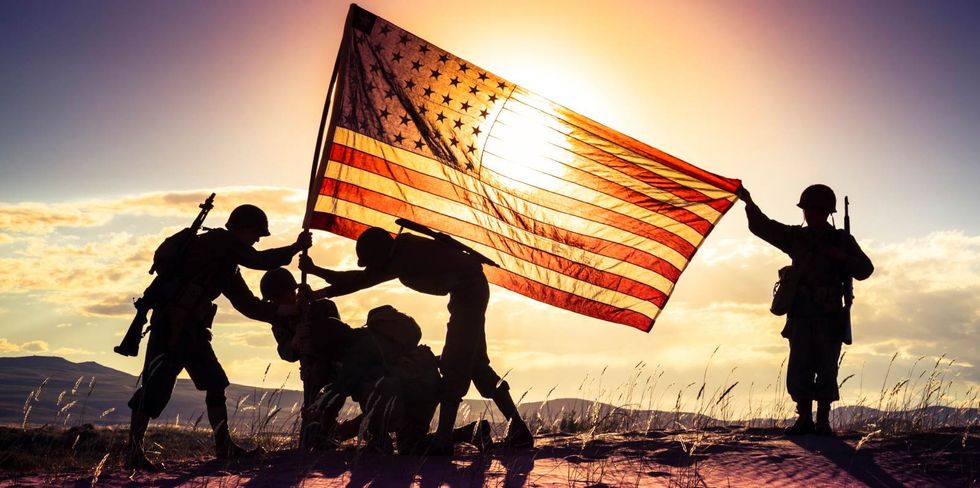



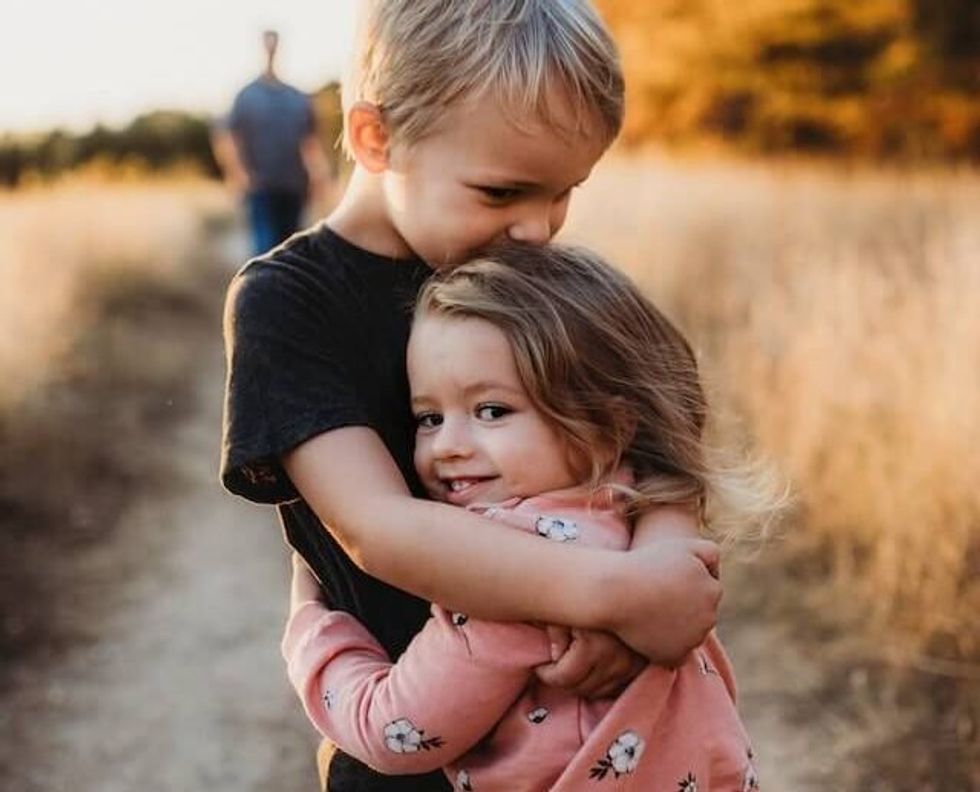



 woman in white shirt leaning on yellow wall
Photo by
woman in white shirt leaning on yellow wall
Photo by  pancakes with syrup
Photo by
pancakes with syrup
Photo by  person in brown knit sweater
Photo by
person in brown knit sweater
Photo by 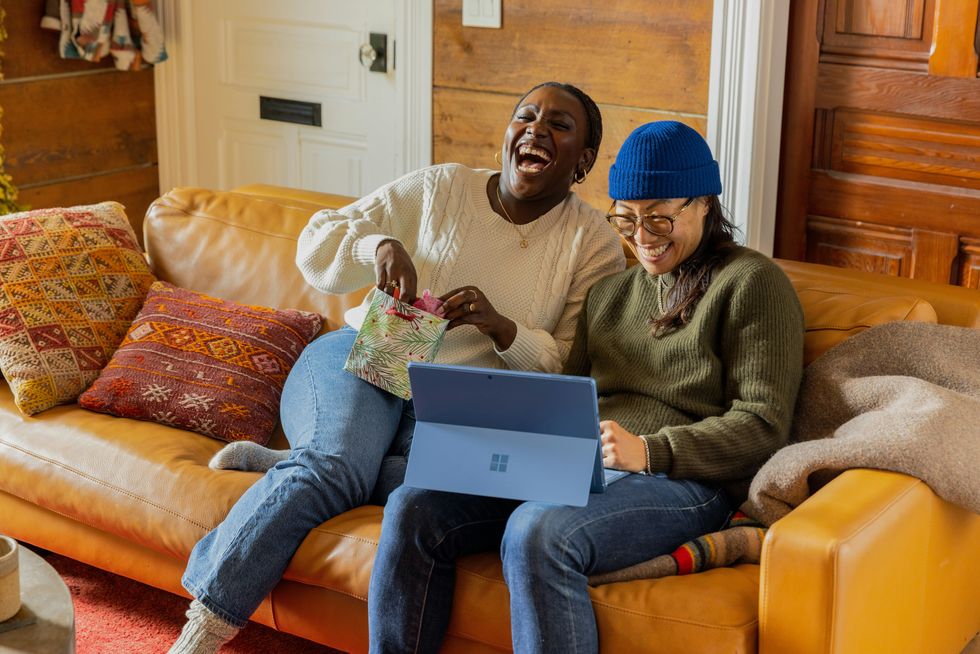 a person sitting on a couch with a laptop
Photo by
a person sitting on a couch with a laptop
Photo by  woman in black and white floral dress sitting on red car hood during daytime
Photo by
woman in black and white floral dress sitting on red car hood during daytime
Photo by  a person holding a cell phone in their hand
Photo by
a person holding a cell phone in their hand
Photo by  high angle photo of cityscape
Photo by
high angle photo of cityscape
Photo by  woman covering eyes with hand
Photo by
woman covering eyes with hand
Photo by  smiling woman wrapped with white headscarf
Photo by
smiling woman wrapped with white headscarf
Photo by  Good hair | Jamie | Flickr
Good hair | Jamie | Flickr mmm coffee | We found a good coffee place on the island. Act… | Flickr
mmm coffee | We found a good coffee place on the island. Act… | Flickr man jumping on the middle of the street during daytime
Photo by
man jumping on the middle of the street during daytime
Photo by  person jumping on big rock under gray and white sky during daytime
Photo by
person jumping on big rock under gray and white sky during daytime
Photo by 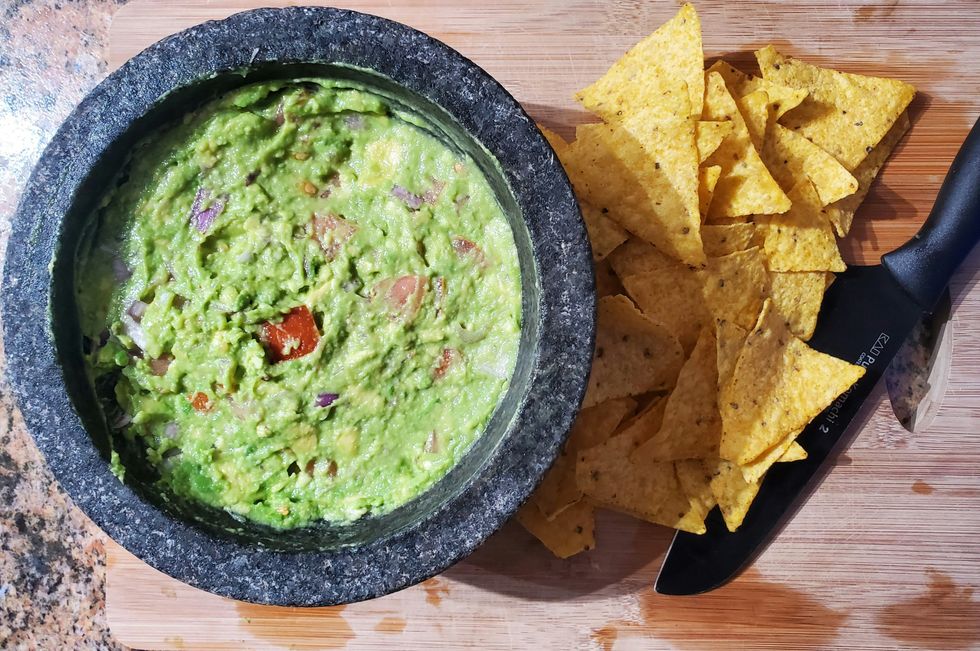 a bowl of guacamole next to a bowl of tortilla chips
Photo by
a bowl of guacamole next to a bowl of tortilla chips
Photo by  two women sitting on a couch in a living room
Photo by
two women sitting on a couch in a living room
Photo by  cooked food on black bowl
Photo by
cooked food on black bowl
Photo by 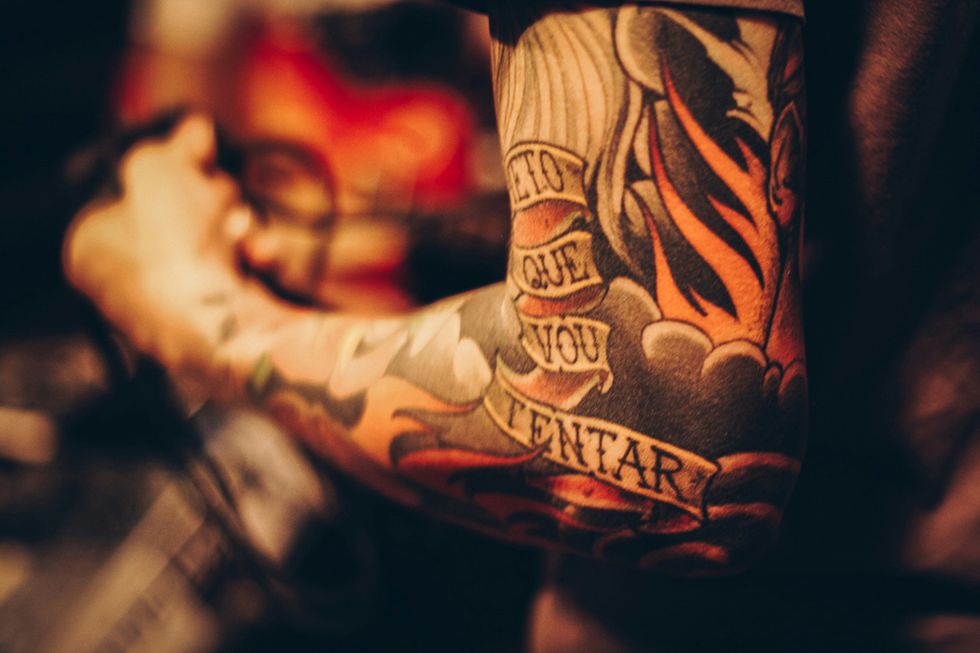 men's arm tattoo
Photo by
men's arm tattoo
Photo by  a group of trees with orange leaves
Photo by
a group of trees with orange leaves
Photo by  The butterflies in the stomach... | Check out my blog! www.p… | Flickr
The butterflies in the stomach... | Check out my blog! www.p… | Flickr two bread with sauce in box
Photo by
two bread with sauce in box
Photo by 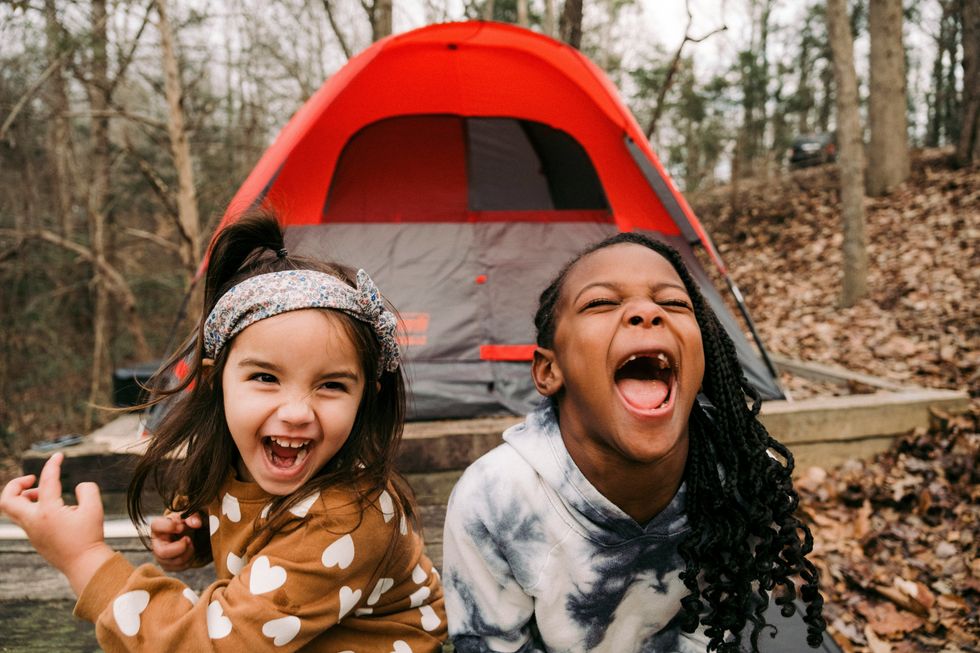 a couple of young girls standing next to a tent
Photo by
a couple of young girls standing next to a tent
Photo by 


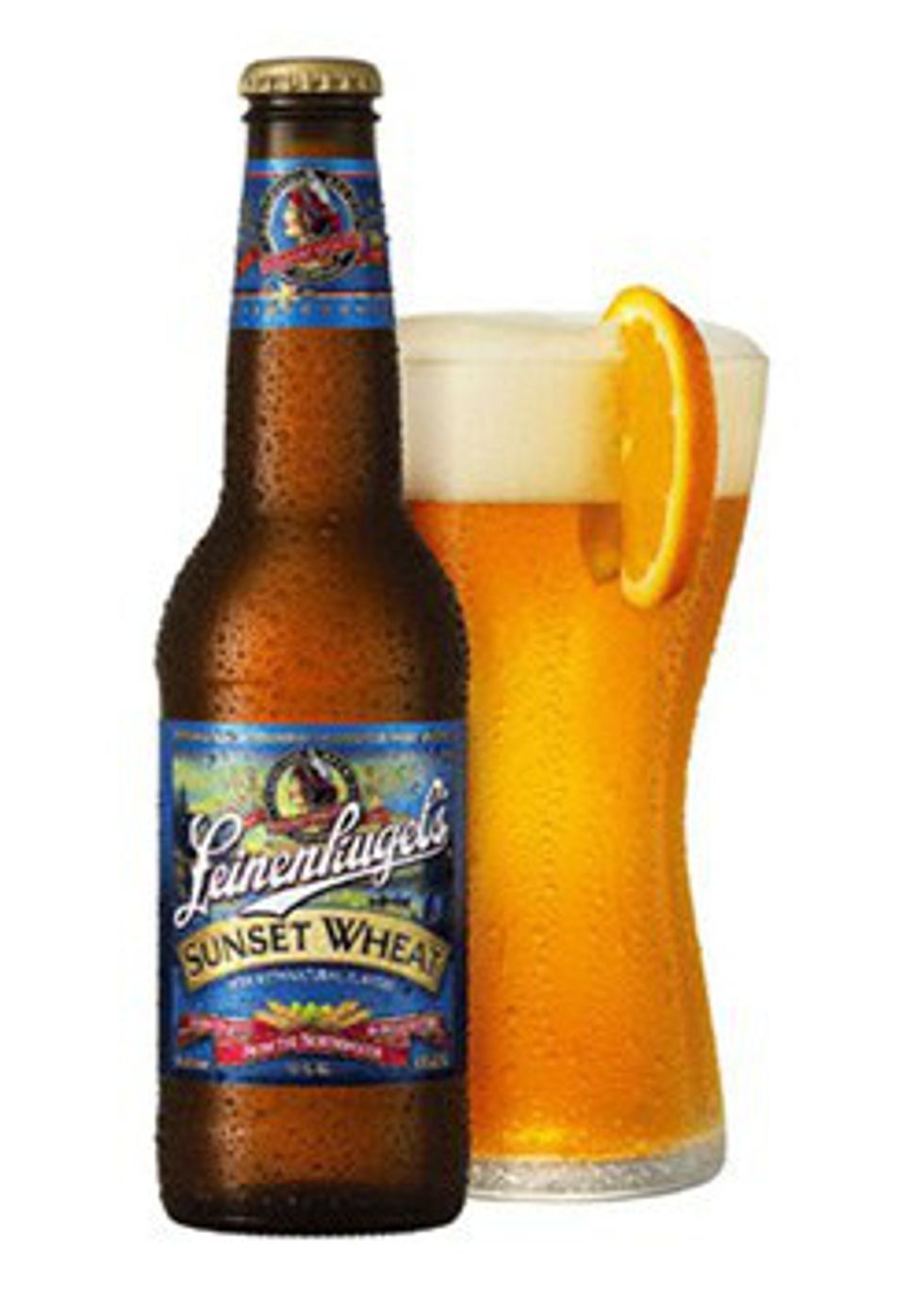






 Photo by
Photo by  Photo by
Photo by  Photo by
Photo by  Photo by
Photo by  Photo by
Photo by  Photo by
Photo by  Photo by
Photo by 










